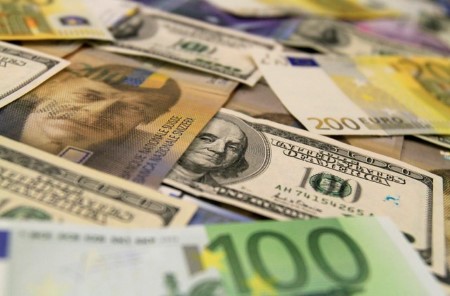

INSIGHTS 

INVESTMENT STRATEGY
THE BASICS
DOWNLOADS 

 DOWNLOAD
DOWNLOAD

 DOWNLOAD
DOWNLOAD

 DOWNLOAD
View all Reports
DOWNLOAD
View all Reports


Economic Updates
Philippines Trade Update: Imports weaken on tepid demand
 DOWNLOAD
DOWNLOAD

Economic Updates
Policy Rate Updates: BSP outlook — cloudy with a chance of rate cut
 DOWNLOAD
DOWNLOAD

Economic Updates
January Economic Update: Growth slows, prices rise
 DOWNLOAD
DOWNLOAD
Follow us on our platforms.


Currencies
2 MIN READ
US recap: EUR/USD down on euro zone-US data divergence

This article originally appeared on reuters.com





 By Reuters
By Reuters